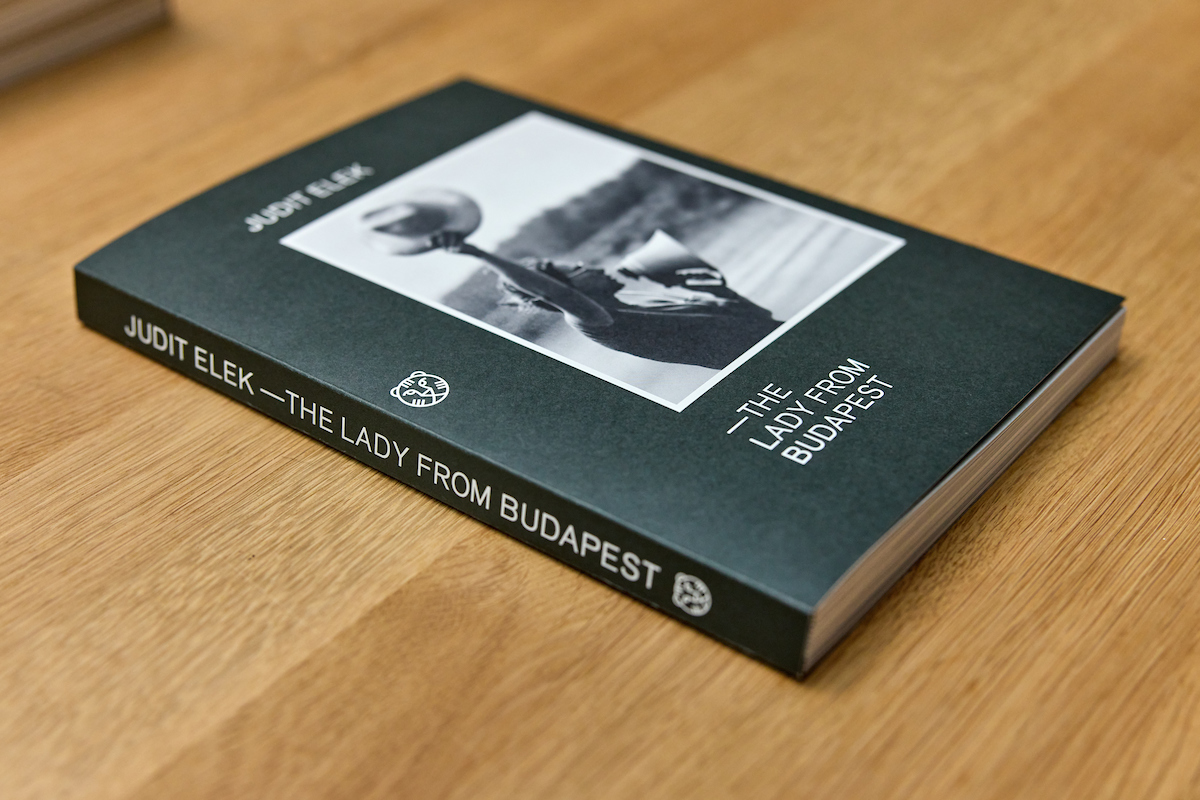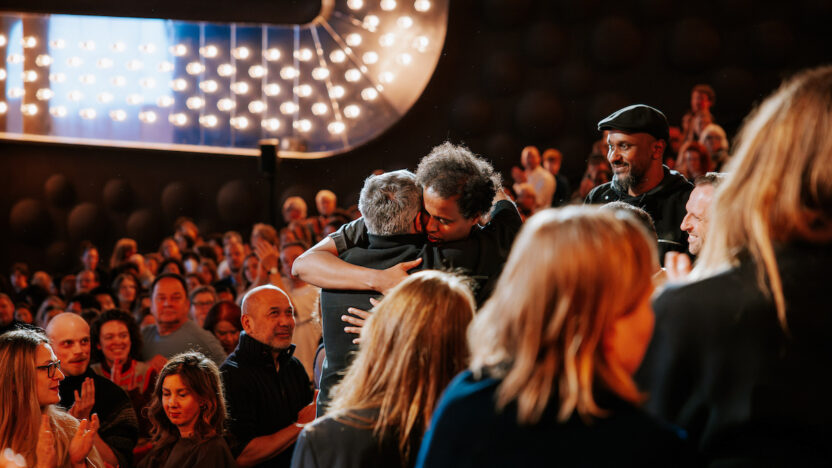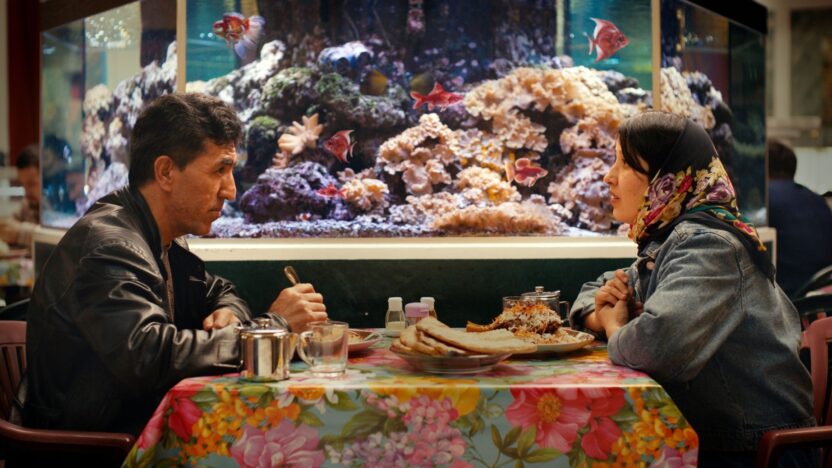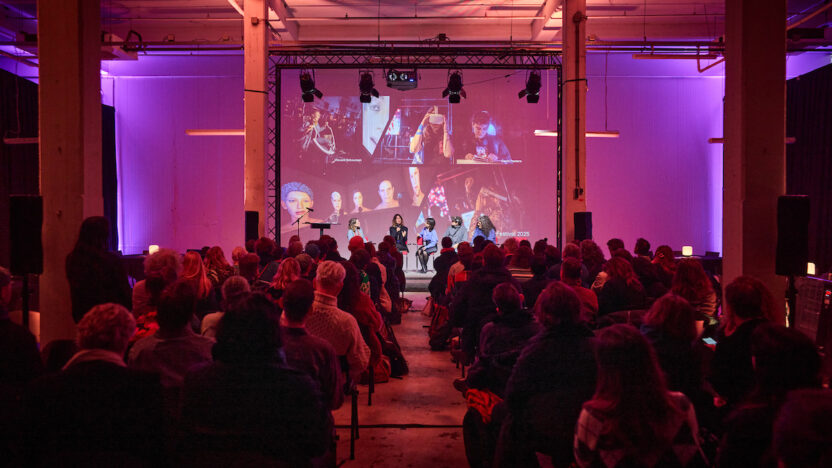Publication: Judit Elek – The Lady from Budapest
Judit Elek (1937) is among world cinema’s most uncompromising figures. In 2023, IFFR published the first monograph on an auteur whose films and wisdom are needed today as urgently as ever. In this blog, you can find an excerpt from the publication and details of where to buy it.

Beloved by IFFR founder Hubert Bals, yet to this day little known in wider circles, Elek made both fiction and documentary films that are almost brutally personal, reflecting as much the history of her native Hungary as her own trauma-riddled life. IFFR paid homage to this filmmaker in our 2023 edition, with a Focus programme of 18 of her film titles and a book launch at Donner, Rotterdam accompanied by a workshop discussion between our guest of honour and the three writers/editors of the book: Gyöngyi Fazekas, Barbara Wurm, and Olaf Möller.
Preface by Vanja Kaludjercic
“After watching the few of her films I could find with subtitles, I was amazed, shaken, but also angry: How could an obviously extraordinary and singularly dedicated filmmaker like Elek be such a little known figure? Even during a time where greater attention is finally paid to female filmmakers, her name is rarely mentioned. Elek, as I learnt, is not unhappy about this – if anything she feels limited when discussed only as a ‘woman filmmaker’ or ‘feminist director’. Of course she is deeply invested in the question of women’s place in society – from her work it is obvious; this is, however, most emphatically not all Elek’s cinema is concerned with. To present Elek as a feminist filmmaker is to force her to a corner. And if there is one thing she has tried to escape all her life, then it is certainly cosy corners and facile labels.
“There are many aspects to Elek’s art that are desperately needed now.”
In recent times IFFR has honoured directors whenever they have a new work. But Elek’s cinema made me consider that perhaps the films we need the most at a given moment in time are not always current, instead arriving out of the past in our days. There are many aspects to Elek’s art that are desperately needed now: In a time of growing antisemitism, films like Memories of a River/ Tutajosok or A Free Man – The Life of Ernő Fisch / Egy szabad ember – Fisch Ernő élete help us understand the historical and societal roots of this sinister ideology. In a period of widespread paranoia and belief in the obscure powers of the invisible forces, it is again Memories of a River, but above all The Trial of Martinovics and the Hungarian Jacobins / Vizsgálat Martinovics Ignác szászvári apát és társai ügyében that shows us how facts are distorted, conspiracies fabricated and dissent sown in their name. In an era of progressive streamlining of the ways we are supposed to love and live, the protagonists of Maybe Tomorrow/ Majd holnap, Maria’s Day / Mária-nap or Awakening / Ébredés remind us how complicated emotions are, how contradictory human beings can be, and how much patience and tolerance we must have with one another.
I would like to thank the team who realised this monumental project, the retrospective and monograph alike. I would also like to thank the Hungarian Film Archive for their previous and generous support. Above all, though, I’d like to thank Judit Elek for trusting a bunch of strangers who came to her and told her how much they love her work – a love she accepted.”
A list with articles
-

IFFR closes its 55th edition celebrating an uptick in new, younger audiences and industry attendees
Published on:-
News
-
Press release
-
-

Shahrbanoo Sadat’s No Good Men opens Berlinale 2026 among strong HBF and CineMart lineup
Published on:-
CineMart
-
Hubert Bals Fund
-
IFFR Pro
-
-

